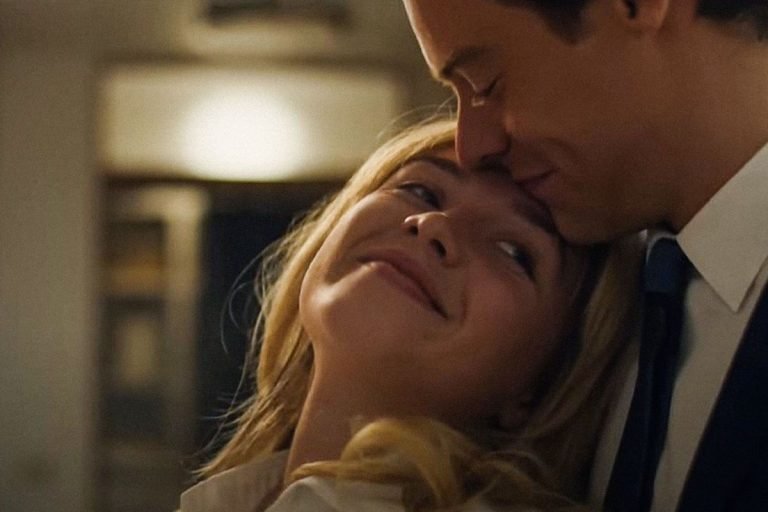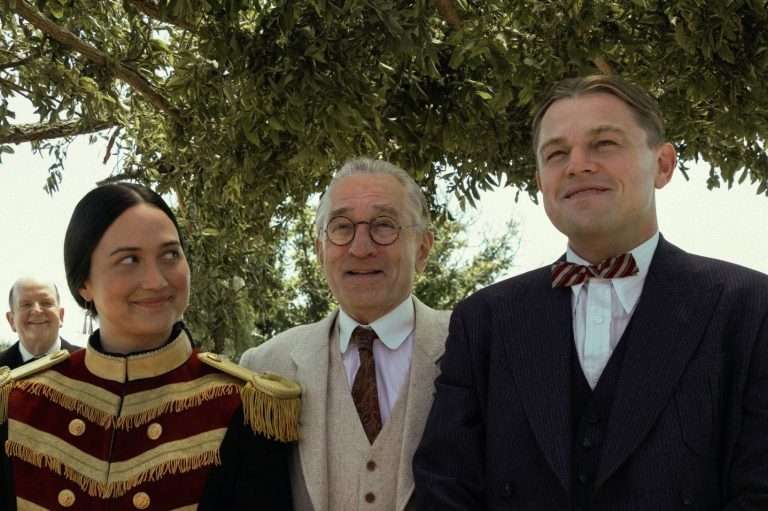The lure of the doppelganger is certainly impossible to resist. The concept of a shadowy double or the question of ‘who would I be under a different set of circumstances?’ boasts a strange appeal that has inspired many a writers. Then there’s the much existentially thrilling and distressing idea of alternative universe which allows different versions of our world to exist, overlap, and even interact with one another. Movies like ‘Back to the Future’, ‘Donnie Darko’, ‘Primer’, the end portion of ‘It’s a Wonderful Life’ have vibrantly delineated alternate universes where even the little adjustments radically changes one’s world or life. Both these narrative premises have been repeatedly attacked from different perspectives, giving off a feeling that any new rendition of this concept would be cliched or clunky. Starz original series Counterpart (2017–), created by Justin Marks, however has proved us wrong. The brain-teasing notions of a double and alternate universe take us through character-based emotion-churning journey which so far (in season 1) haven’t bothered us with headache-inducing scientific explanations.
The one thing I immediately loved about Counterpart is how it keeps the cards closer to its chest. Information is divulged at strictly necessary points, only to strengthen characters’ hold in the narrative. It isn’t obsessed so much with the world-building techniques that it forgets to explore or enhance the drama and emotions. The basic, overarching question that drives this question is simple: What happens when you meet the person (literally) you wanted to be or could have been? By adding the striking traits of great novelists John le Carre and Graham Greene to this beguiling existential query, creator Justin Marks has sown the seeds for yet another remarkable TV series. The first episode follows the sad, isolated life of Howard Silk (J.K. Simmons), a middle-aged lowly bureaucrat working in a mysterious office in Berlin. His wife Emily Silk (Olivia Williams) was injured in a car crash, six weeks back and stays in a coma. Howard is a boring creature of habit, who wears a dull suit, carrying a briefcase, and works in a small, sealed cubicle without ever understanding the importance of his job. Howard had been doing the plodding work for 30 years, waiting for promotion, which still remains as a distant dream.
Under this frustrating circumstance, Howard gets a call from the higher-ups. He gets inside a darkly lit interrogation room and meets the other Howard (J.K. Simmons again). The other Howard is indistinguishable from our Howard, although he turns out to be a mean and tough high operative (the usual vile, swaggering persona of Simmons’ on-screen characters). There might be confusion in addressing both of them, bearing the exact same name. For which Justin Marks provides a solution: “The rule on Counterpart is the first character you meet is just their name, is just Howard. The second character you meet, if they’re from the other side, they become Howard Prime, which is Prime as we call him very simply. If they’re from our side, they’re Alpha. Alpha and Prime is how we do it.”Anyway, why does the Prime (mean Howard) wants to meet (nice) Howard, and how could one possibly explain the existence of the ‘other’. Peter Quayle (Harry Lloyd), the upper-crust member of the agency gives a gist of what’s what to the bewildered Howard. Thirty years ago, an obscure experiment conducted by East German scientists (before the disintegration of the wall) accidentally duplicated our reality. This has left a mysterious portal (a dim, underground passage) to that parallel universe in East Germany, now unified Berlin.
The exact mechanics of these split worlds and how the ‘management’ has kept it secret all these years isn’t clear, but there’s enough details to get by. A few high-level government employees from both sides are aware of this phenomenon and only they have the clearance to go back and forth. Furthermore, commerce and other diplomatic activities between two sides are strictly regulated. The fascinating aspect of this duplicated world is that its citizens are our identical twins. Those ‘others’, although look similar, have made different choices in life, different jobs, and different temperaments so as to be a separate, unique person rather than confine them into category of ‘double’. By this mind-twisting set-up, we may naturally assume that Justin Marks’ intention is to cook-up an intellectual sci-fi tale. However, this intriguing backdrop tries to represent a variation on the innumerable tensions between two belligerent nations, namely US and Russia during the Cold War. Hence we get an intensely emotional narrative involving moles, identity swapping, dangerous cults, and ruthless assassins. It’s layered ever-more deeper as the labyrinthine spy game is full of ambiguities and unexpected twists. At the center of this game are Howard Alpha and Howard Prime as they swap their existences, exploring each other’s lives, and race against time to thwart a plot concocted by fanatic agents of the alternate universe.
The conceit of Counterpart may look like an odd phenomenon, but it isn’t immensely removed from our reality. In this era of too-much television, it is absolutely spellbinding to come across a masterfully written series, where each episodes digs deeply into the premise. The question it asks (on the cost of our choices) and the debate it induces (the blurring line between good and evil or strength and flaw) might be old ones, but Counterpart explores those in a wholly mesmerizing fashion through creative character face-offs. One narrative aspect I liked in the series is how it doesn’t attribute every difference between identical characters to choice. The conventional on-screen wisdom tells how the choices we make defines our path in life. But here the characters are beaten or shaped-up by pure chance occurrences. Choice didn’t define the miscarriage of Emily Alpha and it wasn’t only by choice that Nadia (Sara Serraiococo) becomes celebrated concert violinist in one and an assassin in the other (they share similar past and witness the same traumatic event). There’s also no explanation for the flu epidemic which wiped out considerable percent of population in the alternate universe (although I think the reason behind flu epidemic might provide central twist in the 2nd season).
In Counterpart, the conception of good and evil simply lies in one’s perspective. It doesn’t kowtow to the notion of binaries. In this vein, it was fascinating to note how Nazanin Boniadi’s enigmatic character Clare becomes a pivotal mainstay as the episodes unfurls. The series, like most of the doppelganger and parallel universe story-lines, tends to examine the human condition and its vulnerability. The ‘doubles’ scenario enhances the conversation we have with our self or ego by turning it into literal one. There’s an exciting scene in the 8th episode (Love the Lie) when Howard and Prime meets, both living their counterparts’ lives. They talk about whose life was sensible and successful. Howard — the drone-like worker and a caring husband — and Prime – professionally high-ranking yet divorced, deadbeat father – exchange tirades on how the others’ life (they are currently inhibiting) is pathetic. We are uncertain in deciding who has/had the best life, but the questions they ask each other brings subtly intriguing changes (as witnessed in the final episode) to their self. This doubled-up battle of inner-self could bring more interesting developments in the next season. And, looking at J.K. Simmons effortlessly slipping into different shade of emotions, one would hope that his characters swiftly flourishes like that of Walter White’s, oft making the lines between right and wrong indistinct (would be interesting to see how the writers treat him in the subsequent seasons). Staid or swaggering, Simmons turns Howard and Prime into deliciously layered characters, where we would not definitely mistake one for the other.
Counterpart (2018–) is a clever, suspenseful and exceptionally written series, perfectly balancing its shrewd characterization with high-brow concepts. It’s yet another fine addition to ‘Prestige TV’, featuring strong emotional anchor and enchanting performances.

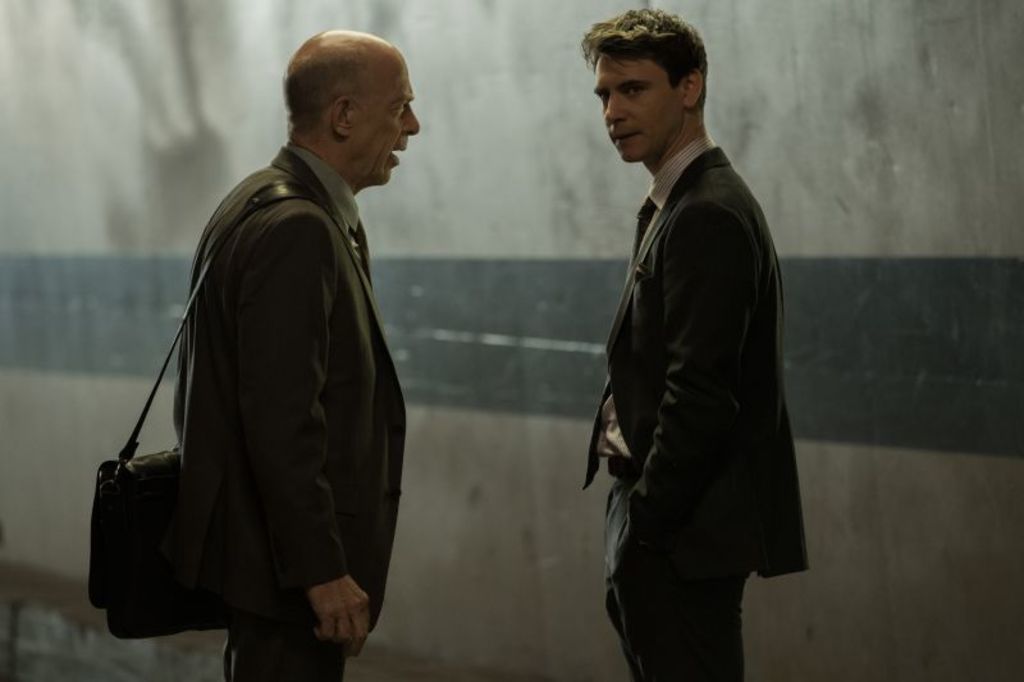
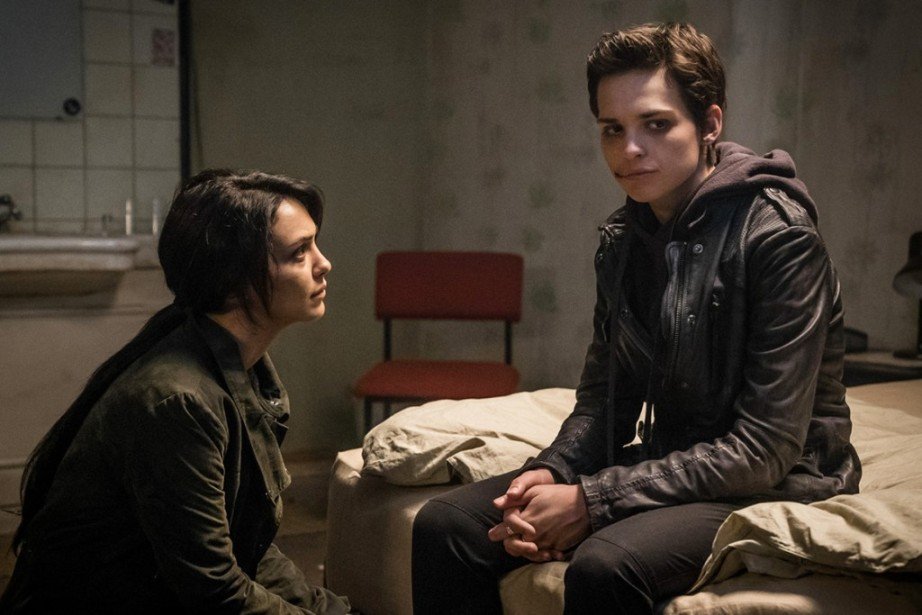


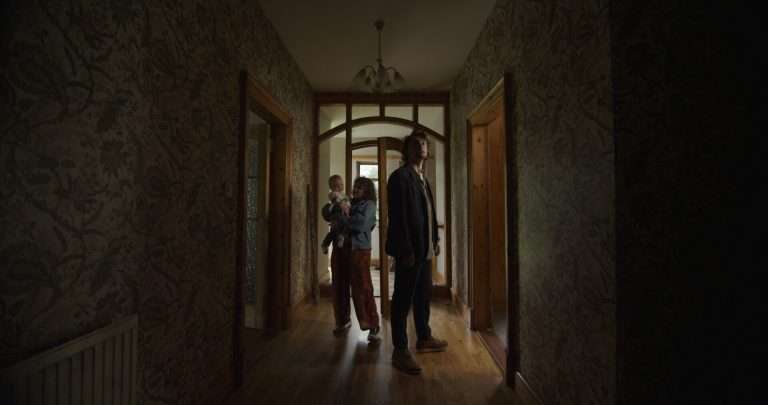
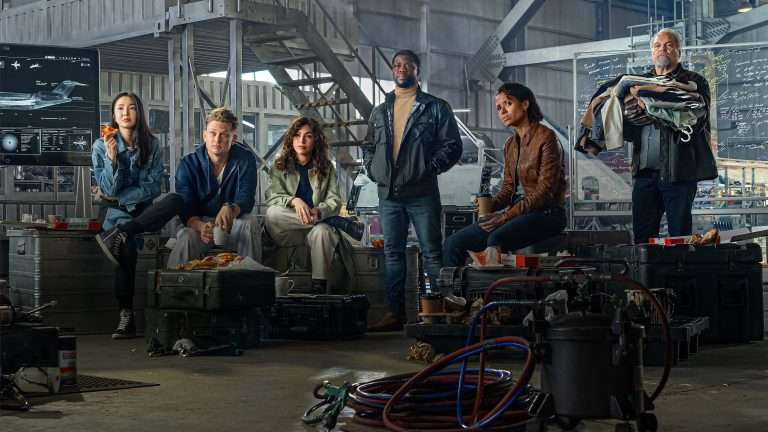
![The Sadness [2021]: ‘Locarno’ Review – An Interesting Gore Fest that Never Takes Off](https://79468c92.delivery.rocketcdn.me/wp-content/uploads/2021/08/the-sadness-2021-locarno-768x512.jpeg)

